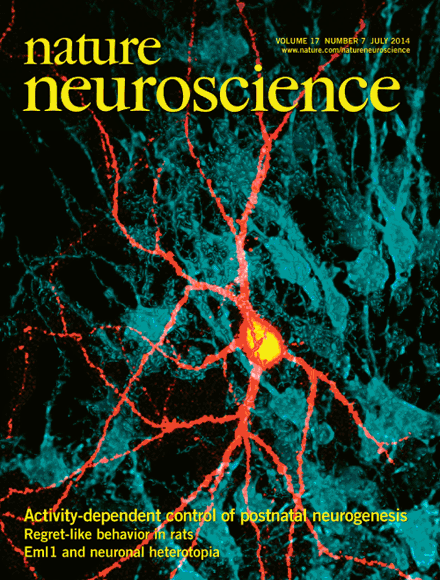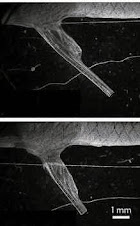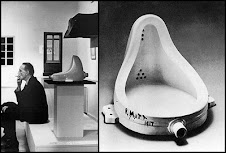
Cuando me preguntaron mi opinión acerca de este descubrimiento, contesté que, en el caso de las bacterias, la adaptación al arsénico era más o menos normal, pero no me había percatado que en realidad la bacteria, aparentemente está, usando al arsénico en vez del fosforo en el ADN, lo cual hace a este hecho, si se confirma, Trascendente:
A Bacterium That Can Grow by Using Arsenic Instead of Phosphorus
Felisa Wolfe-Simon,1,2* Jodi Switzer Blum,2 Thomas R. Kulp,2 Gwyneth W. Gordon,3 Shelley E. Hoeft,2 Jennifer Pett-Ridge,4 John F. Stolz,5 Samuel M. Webb,6 Peter K. Weber,4 Paul C. W. Davies,1,7 Ariel D. Anbar,1,3,8 Ronald S. Oremland2
1NASA Astrobiology Institute, USA. 2U.S. Geological Survey, Menlo Park, CA, USA. 3School of Earth and Space Exploration, Arizona State University, Tempe, AZ, USA. 4Lawrence Livermore National Laboratory, Livermore, CA, USA. 5Department of Biological Sciences, Duquesne University, Pittsburgh, PA, USA. 6Stanford Synchrotron Radiation Lightsource, Menlo Park, CA, USA. 7BEYOND: Center for Fundamental Concepts in Science, Arizona State University, Tempe, AZ, USA. 8Department of Chemistry and Biochemistry, Arizona State University, Tempe, AZ, USA.
*To whom correspondence should be addressed. E-mail: felisawolfesimon@gmail.com
Life is mostly composed of the elements carbon, hydrogen, nitrogen, oxygen, sulfur and phosphorus. Although these six elements make up nucleic acids, proteins and lipids and thus the bulk of living matter, it is theoretically possible that some other elements in the periodic table could serve the same functions. Here we describe a bacterium, strain GFAJ-1 of the Halomonadaceae, isolated from Mono Lake, CA, which substitutes arsenic for phosphorus to sustain its growth. Our data show evidence for arsenate in macromolecules that normally contain phosphate, most notably nucleic acids and proteins. Exchange of one of the major bio-elements may have profound evolutionary and geochemical significance.
www.sciencexpress.org / 2 December 2010 / Page 1 / 10.1126/science.1197258
Si se confirma, todos los periódicos del mundo deberían colocar a esta noticia en sus Primeras Planas.
De hecho, la siguiente es la opinión de la autora. Lean con cuidado y vean que este tema es además de trascendente, controversial obligatorio:
My research team and I are aware that our peer-reviewed Science article has generated some technical questions and challenges from within the scientific community. Questions raised so far have been consistent with the range of issues outlined by journalist Elizabeth Pennisi in her Science news article, which was published along with our research. For instance, other scientists have asked whether the bacteria had truly incorporated arsenic into their DNA, and whether the microbes had completely stopped consuming phosphorus. Our manuscript was thoroughly reviewed and accepted for publication by Science; we presented our data and results and drew our conclusions based on what we showed. But we welcome lively debate since we recognize that scholarly discourse moves science forward. We've been concerned that some conclusions have been drawn based on claims not made in our paper. In response, it's our understanding that Science is in the process of making our article freely available to the public for the next two weeks to ensure that all researchers have full access to the findings. We invite others to read the paper and submit any responses to Science for review so that we can officially respond. Meanwhile, we are preparing a list of "frequently asked questions" to help promote general understanding of our work.
















































































